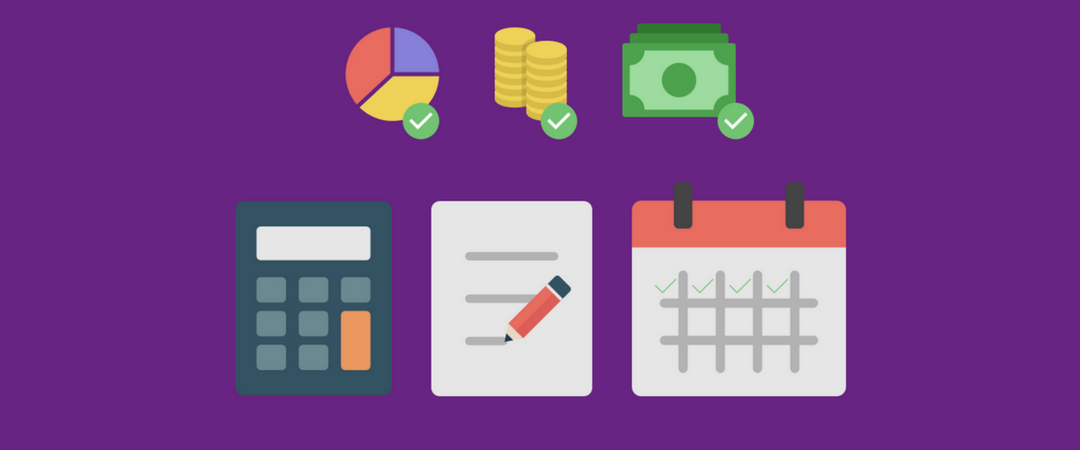Here’s five facts you need to know about your student loan. Seriously.
1. Your loan is cleared 30 years from the April after graduation or when you fully repay your loan, whichever comes first. This means, if you’re a low-earner or don’t even meet the threshold repayment criteria, your remaining debt will be wiped and you could have paid very little for your degree.
2. Your loan will begin to accrue interest immediately from your first payment. If you’re an English or Welsh student, the current rate is 3%, plus the UK Retail Price Index figure, which is 3.1percent for 2017/18.
3. You pay back 9% annualised of what you earn over £25,000. So, for instance, if your salary was £26,000 you would pay back 9% of £1,000 over a 12-month period. If your yearly earnings drop below the threshold your repayments freeze, until your earn above again.
4. From April 6th, after leaving your course, your loan will accrue interest at Retail Price Index plus up to three percent – depending on your income. If you earn £21,000 or less, your annual interest will be calculated solely by the latest Retail Price Index figure (3.1 percent for 2017/18).
5. Student debt can potentially limit your ability to get a mortgage. However, fortunately, student debt is not listed on your credit file. So, it doesn’t damage your credibility from the perception of a lender. But, student loan repayments do decrease your monthly disposable income, which banks review as part of their affordability checks. A spokesman for the Council for Mortgage Lenders said: “Any mortgage will go down to the criteria of the individual lender. If a borrower is paying off student debt and paying for a pension, that will affect their ability to borrow. There is no industry standard for the application process of considering student debt”.
To get more info about student money, get our free student money guide.


